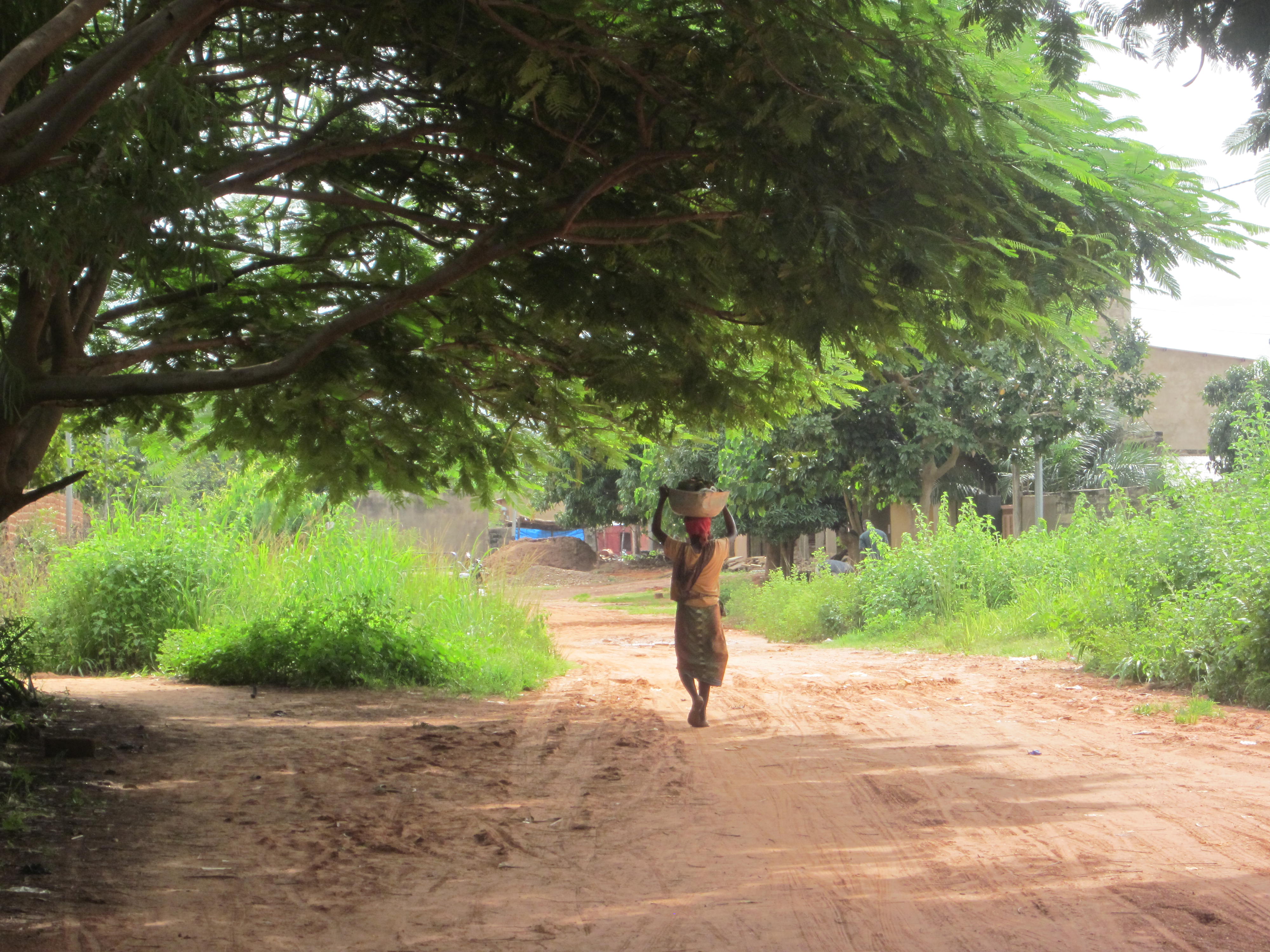Welcome to the Department of
Christian Anthropology and Social Ethics

photo: Anke Maus
Women and men in Africa as well as here in Europe strive for a self-determined life and future prospects. Often, economic structures, political conflicts or threats such as climate change prevent this. Africa is the continent with the highest poverty rate, the highest population growth and the highest percentage of poorly functioning or non-functioning states. Nevertheless, one can meet wonderful people, experience great nature and a diversity of cultures and religions that can also enrich us. Intercultural encounters help to understand global contexts in their local effects and to overcome stereotypical images.
The photo was taken by Anke Maus in Banfora during her volunteer assignment in Burkina Faso in 2016/17.
Ethics is not conceivable without the prerequisite that people, as subjects capable of action, also bear responsibility for shaping the world and society. In doing so, people always act in specific contexts. Christian social ethics as ethics of social structures and institutions therefore first explores the signs of the times or the "structures of sin" in interdisciplinary cooperation. In discourse with its own ethic tradition, church social preaching and contemporary moral philosophies, it obtains an ethical judgment of the current situation. Based on this, it is necessary to point out normatively founded and, if possible, implementable possibilities of action. In the teaching, philosophical and theological basic problems of a social ethics as well as main positions of the philosophical ethics discourse are presented and discussed. Students are also introduced to the genesis and foundations of Catholic social thought as well as to the sub-areas of social ethics of politics, law, economics, education and media as well as marriage and family. Since the field of Christian Social Ethics is related to several other sciences, there is a lively interest in interdisciplinary cooperation in research and teaching, which also extends beyond the University of Mainz.
Prof. Dr. Gerhard Kruip
Dr. Luisa Fischer